Unpleasant dog Habits Linked to Diet are very common at this age. That is why having a proper understanding of the relationship between your dog’s diet and their behavior is pivotal. our furry companions often bring immense joy and companionship to our lives, but sometimes their behavior can leave us perplexed or even slightly disgusted.
While it’s natural for dogs to exhibit certain behaviors, some of our pet’s less pleasant habits might actually be indicative of an underlying issue related to their diet. In this article, we delve into nine seemingly gross things your dog does that might be caused by their food. By understanding these connections, you can make informed choices about your canine friend’s diet, leading to improved well-being and more harmonious coexistence.
Unpleasant dog Habits Linked to Diet
if you have a pet that demonstrates some unpleasant habits that gets you frustrated despite all efforts, having a look at their diet might be the key to the solution. Here below are a compiled list of 9 unpleasant dog behaviors caused by their diets
1. Excessive Flatulence:
Is your dog emitting odorous gas more frequently than seems normal? This might be tied to their diet. Certain food ingredients can lead to gas buildup, causing discomfort for both your pet and your nose.
2. Coprophagia (Eating Feces):
Coprophagia, the act of eating feces, can be a sign that your dog’s diet might be lacking in essential nutrients. Consult your vet to ensure your pet is receiving a balanced and nutrient-rich diet.
3. Bad Breath (Halitosis):
Foul-smelling breath could signal dental issues, but it could also have a link to diet. Poor-quality or inappropriate food choices can contribute to dental problems and subsequent bad breath.
4. Excessive Shedding:
While shedding is natural, excessive shedding might signal a nutritional deficiency. A diet rich in omega-3 fatty acids and essential nutrients can promote a healthier coat and reduce shedding.
5. Excessive Licking or Chewing:
If your dog is obsessively licking or chewing on their paws, itchy skin might be to blame. Diet can play a role in skin health, so consider a diet that supports skin and coat health.
6. Ear Infections:
Recurring ear infections might be linked to allergies or sensitivities caused by certain food ingredients. An appropriate diet can help manage these issues and reduce the risk of infections.
7. Loose Stools or Diarrhea:
Unstable stools might indicate digestive issues related to diet. Inappropriate or low-quality food ingredients can disrupt your dog’s digestion.
8. Excessive Drooling:
While some drooling is normal, certain hard-to-chew or digestible foods can trigger excessive drooling. Opting for foods that are easy to chew and digest might alleviate this.
9. Weight Gain or Loss:
An improper diet could be attributing fluctuations in your dog’s weight. Consult a vet to determine the right dog caloric intake and nutrient balance for your pet’s specific needs.
Conclusion:
Understanding the relationship between your dog’s diet and their behavior is pivotal in ensuring their overall health and well-being. By recognizing these potential connections, you can make informed choices about the food you offer your furry friend. Remember, consulting with a veterinarian is crucial in identifying the root causes behind these aggressive dog behaviors and tailoring a diet that caters to your dog’s unique nutritional requirements. A well-balanced and appropriate diet can lead to a happier, healthier, and less “gross” canine companion.
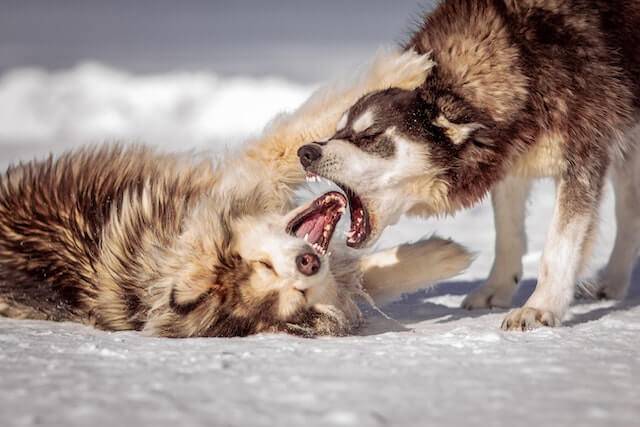
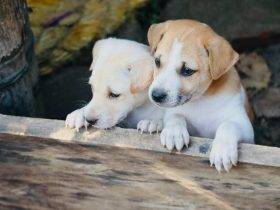
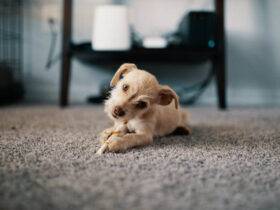
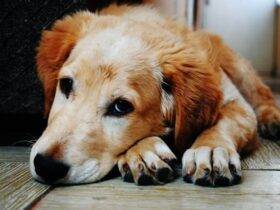
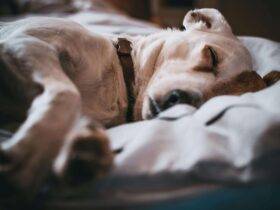
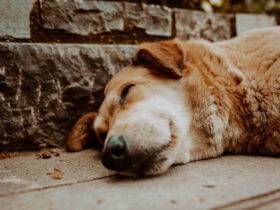
Leave a Reply